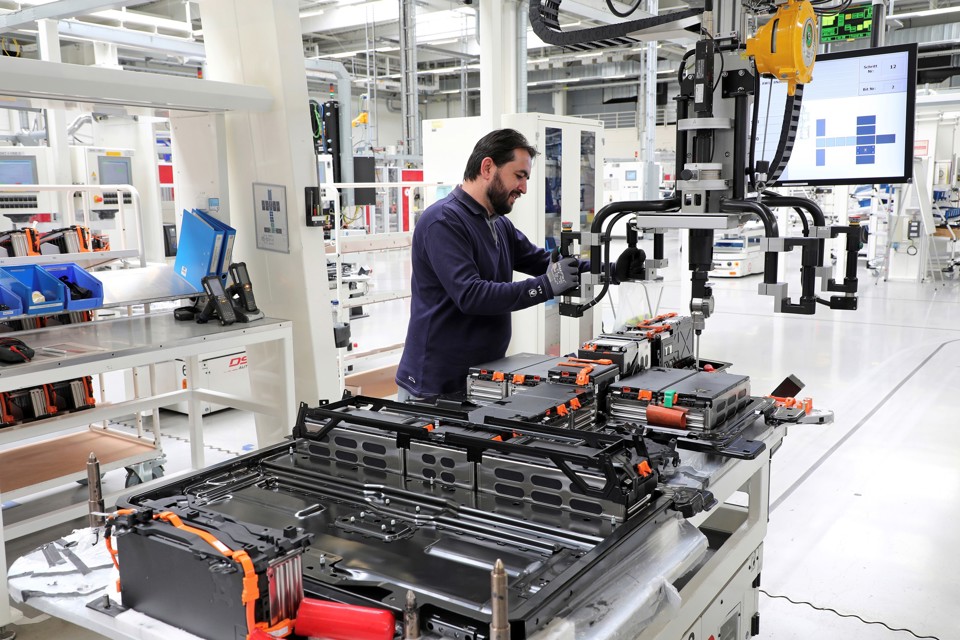Britishvolt has signed a memorandum of understanding (MOU) with the Welsh Government to develop a 30 GWh battery manufacturing plant.
The Gigafactory would be built alongside a 200MW solar plant, at the former RAF base at Bro Tathan, Vale of Glamorgan, South Wales.
Orral Nadjari, CEO and founder at Britishvolt, said: “We are immensely proud to announce plans to work exclusively with the Welsh Government to develop the UK’s landmark battery gigaplant.
“Wales has welcomed us with open arms and exceptional due diligence and we believe the country has a vast untapped potential.
“Hiring local people, including those currently out of work, and developing strong relationships with nearby educational facilities will be a priority for us to ensure a stream of skilled staff.
“Britishvolt will also encourage other businesses to invest in the region with the aim of creating a ‘hub’ of battery electrification – building out our very own infrastructure and supply chain ecosystem, which will create thousands more jobs.”
The site was chosen from more than 40 locations after six months of analysis, with the former RAF base winning out due to a number of factors including, import/export accessibility, availability of labour and skilled staff, and convenient geographical proximity to customers and local industrial companies.
Both parties have now signed the MOU to collaborate on the potential of building the UK’s first full cycle battery cell gigaplant subject to UK government funding through the Automotive Transformation Fund, to produce lithium ion cylindrical and pouch cells primarily servicing the automotive market.
A successful outcome of the partnership could enable the scalable production of a portfolio of lithium ion batteries, creating and expanding a manufacturing and supply chain to support the country’s Road to Zero emissions targets, and unprecedented transition to electrification.
Leasing companies have reported a surge of interest in plug-in vehicles, with the move away from internal combustion engine (ICE) vehicles driven, in part, by new benefit-in-kind (BIK) tax rates.
Company car drivers will pay no tax on a pure electric vehicle (EV) this tax year, while drivers of plug-in hybrid vehicles (PHEVs) are also enjoying much more favourable rates.
A recent Survation study commissioned by London First of more than 500 UK companies found that almost a third (30%) of fleets are already using EVs, while 46% have active plans to make the transition and a further 16% have begun to discuss it.
Back in Wales, it is anticipated that the initial £1.2 billion of investment from the company could eventually lead towards up to 3,500 jobs. Construction is scheduled to begin in early 2021.
Nadjari continued: "The construction of the solar farm will not only ensure our gigaplant has a near carbon neutral electricity input – complementing our goal of becoming one of the greenest battery producers worldwide – but also provide cleaner energy to the local area.
“The pandemic is acting as a catalyst, creating new markets for greener technologies, and highlighting the importance of localised supply chains – which Britishvolt has the backing and resources to drive forward.”
He concluded: “In the absence of any onshore battery production, 114,000 direct British automotive jobs are predicted to be lost by 2040, and we want to ensure that this doesn’t happen.”





















Login to comment
Comments
No comments have been made yet.